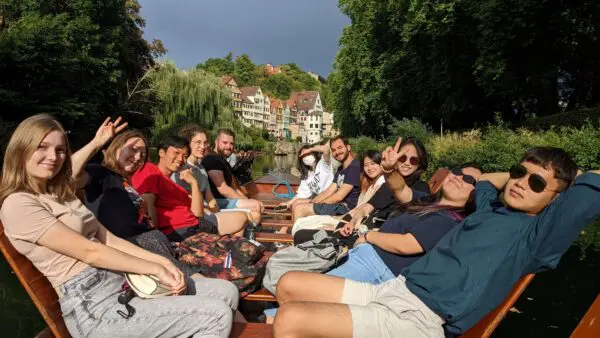
Tübingen, Germany
The EU in Permanent Crises? Perspectives, Challenges, Solutions
When:
03 August - 28 August 2026
Credits:
8 EC
Read more
International Relations
When:
20 July - 31 July 2020
School:
SOAS Online Academic Summer School
Institution:
SOAS University of London
City:
Country:
Language:
English
Credits:
15 EC
Fee:
1200 GBP

The online course will provide a critical understanding of key developments and issues in contemporary world politics for students with no prior background in international relations. Focusing on the period since the end of the Cold War, an era defined by rapid institutional innovation and development, as well as a number of emergent global issues, problems and policy dilemmas, the course locates these in the context of north-south relations. Treating the international system as a dynamic whole, it examines how issues that have become central in international politics including ‘failed states’, nuclear proliferation, armed conflict and terrorism, democratisation, pandemics and the Arab Spring are intimately linked to expanding efforts since the mid-20th century to generate a liberal world order. In doing so it provides analysis of the roles played in contemporary world politics by leading members of the ‘international community’ such as the United States, the European Union, ‘rising’ non-western states China, India and Brazil, non-state actors such as NGOs, transnational corporations and armed groups, and international financial and other institutions.
Specific topics investigated include the centrality of the United States to the post-Cold War international order; the diverse north-south interventions associated with civil wars, terrorism, securitized development and peacebuilding; the rise of global resistance movements (from Seattle to Occupy and the Arab Spring); the politics of migration (refugees, diasporas and workers); the role of transnational corporations in the global political economy; and emergent patterns in the management of global health and the environment. By the end of the course students should expect to have developed a layered and nuanced account of contemporary world politics by which to analyse concrete issues and policies as they impact the global north and south, and the hierarchical relations between them.
Vino Kanapathipillai
A university student or a graduate at the time of attending the summer school, and 18+ years of age. Professional experience can be acknowledged as equivalent to a university qualification.
On successful completion of the course, a student should be able to demonstrate the ability to:
-Apply international relations theory to explain key developments and events in contemporary world politics
-Demonstrate critical knowledge of contemporary global policy frameworks, such as globalization, neoliberalism and the Global War on Terror
-Demonstrate critical knowledge of key institutional and organizational developments in world politics since the end of the Cold War.
Fee
1200 GBP, - Save £200 if you apply by 30th April - 10% discount if you apply for two courses over 6 weeks - 15% discount for SOAS alumni (including Academic Summer School alumni) - 20% discount for our partner institutions Other discounts are available for groups, please contact us for further information.
When:
20 July - 31 July 2020
School:
SOAS Online Academic Summer School
Institution:
SOAS University of London
Language:
English
Credits:
15 EC

Tübingen, Germany
When:
03 August - 28 August 2026
Credits:
8 EC
Read more

Antwerp, Belgium
When:
02 February - 06 February 2026
Credits:
3 EC
Read more

Amsterdam, Netherlands
When:
19 January - 29 March 2026
Credits:
0 EC
Read more